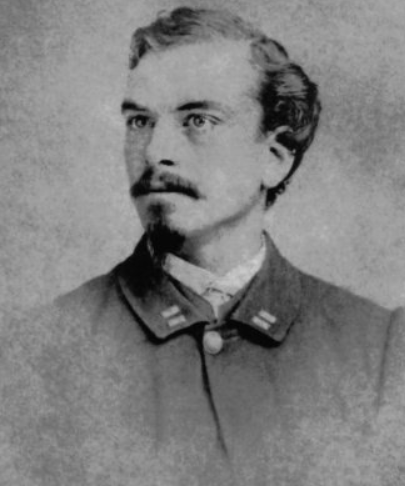We are a nation of laws, the weight and breath of which is dependent on who enforces the laws. In Charleston SC, in the summer of 1865, when Black Codes were enacted by locals, laws that gave whites unfair rule over blacks, General Sickles as the law ruled the Black Codes were illegal and enforced that as law. Sickles ruled slavery by another name was unlawful and today we appreciate that he did and would rule he was correct in doing so. In a similar manner I propose that the ruling made by general Saxton at the same time and in the same place should be treated equally. I’m proposing that if it is found that the documents filed by the staff at the Charleston, SC Freedmen Bureau for land grants are authenticated, a Build Back Better program should be started for families of the former slaves. The program should also provide consideration for families of men who served in the United States Colored Troops. The reason for the program is to compensate for illegal taking of land grants that general Saxton’s documents state were as good as “statue.” The statue he referred to was general Sherman’s wartime order #15 in which general Saxton was specified to execute. An order that was never countermanded during the period it was enforced by the powers in charge, which at that time and place were officers including Saxton and Sickles, generals in the United States Army. These were unusual times in America’s history, the months and year immediately following the end of the war and assassination of Lincoln. It was a time and place when and where the civil rights of newly freed people and rights to lands that were abandoned were put in question.
A couple of new records written by John Darling have been found and another reexamined. One of the new records dated April 22, 1866, written by Lt John D. Terry, deliver the order from General Sickles to turn over the town of Beaufort to the municipal authorities. Another, in the 1st NCCV regimental order book dated January 25, 1866, from General Sickles’ office of the Carolinas assigned John Darling to the office staff “in connection with Freedmen Affairs.”

